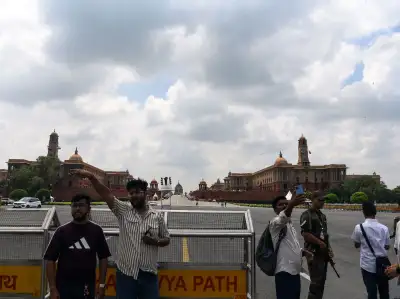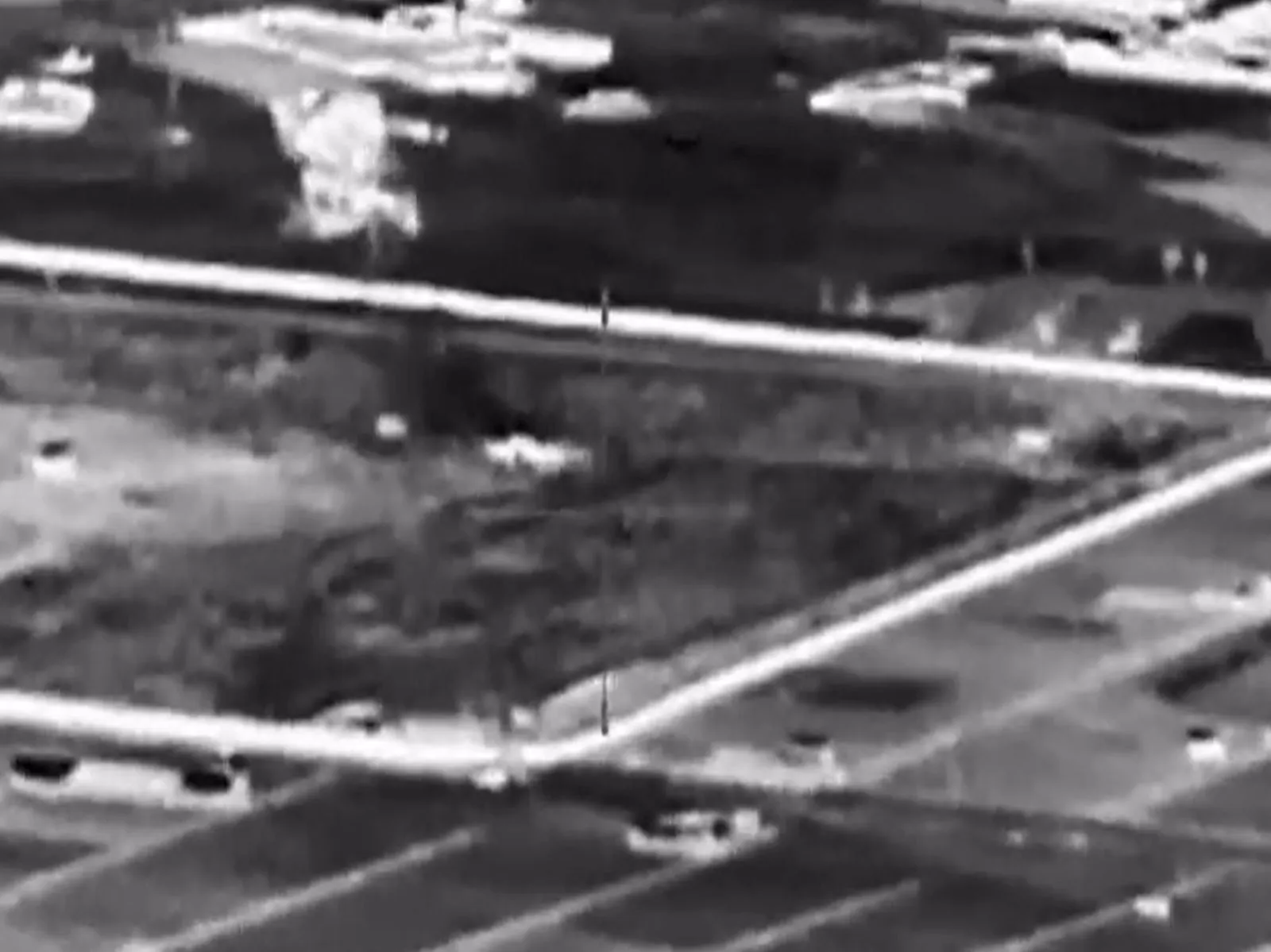

Tel Aviv, March 5: The Israeli Air Force (IAF) confirmed on Thursday that its aircraft successfully targeted and destroyed key military infrastructure within Iran, including a ballistic missile launcher prepared for an immediate strike against Israel.
In a statement posted on X, the IAF provided documentation of the "Attack on Missile Launcher and Defense System in Isfahan and Kam in Iran." The military confirmed that "Air Force aircraft attacked and destroyed, in the Kam area in Iran, a ballistic missile launcher armed and ready for launch toward the State of Israel."
Beyond the neutralisation of the missile threat, the operation also targeted Iranian anti-aircraft capabilities to ensure continued freedom of movement for Israeli jets. "In addition, a defense system intended to strike Air Force aircraft in Isfahan was destroyed," the statement added.
According to the IAF, these precision strikes form part of a broader strategic campaign aimed at dismantling the offensive capabilities of the Iranian government. "These strikes join the effort to strike the fire arrays of the Iranian terror regime and deepen the IDF's air superiority in the area," the statement said.
Further details of the operation were reported by the Times of Israel, citing the Israel Defence Forces (IDF), which confirmed that the strikes targeted multiple military installations inside Iran.
IDF Spokesman Brig. Gen. Effie Defrin announced during a press conference that more than 20 targets were hit in the operation.
The Times of Israel reported that the strikes included two facilities in Isfahan where Iran stored advanced Ghadr ballistic missiles. Other sites struck comprised ballistic and cruise missile storage locations, along with air defence systems, the IDF said.
"We estimate that the strikes took out many dozens of ballistic missiles and cruise missiles," Defrin stated, as reported by the Times of Israel.
The operation underscores the IDF's focus on degrading Iran's missile capabilities amid heightened regional tensions. (ANI)